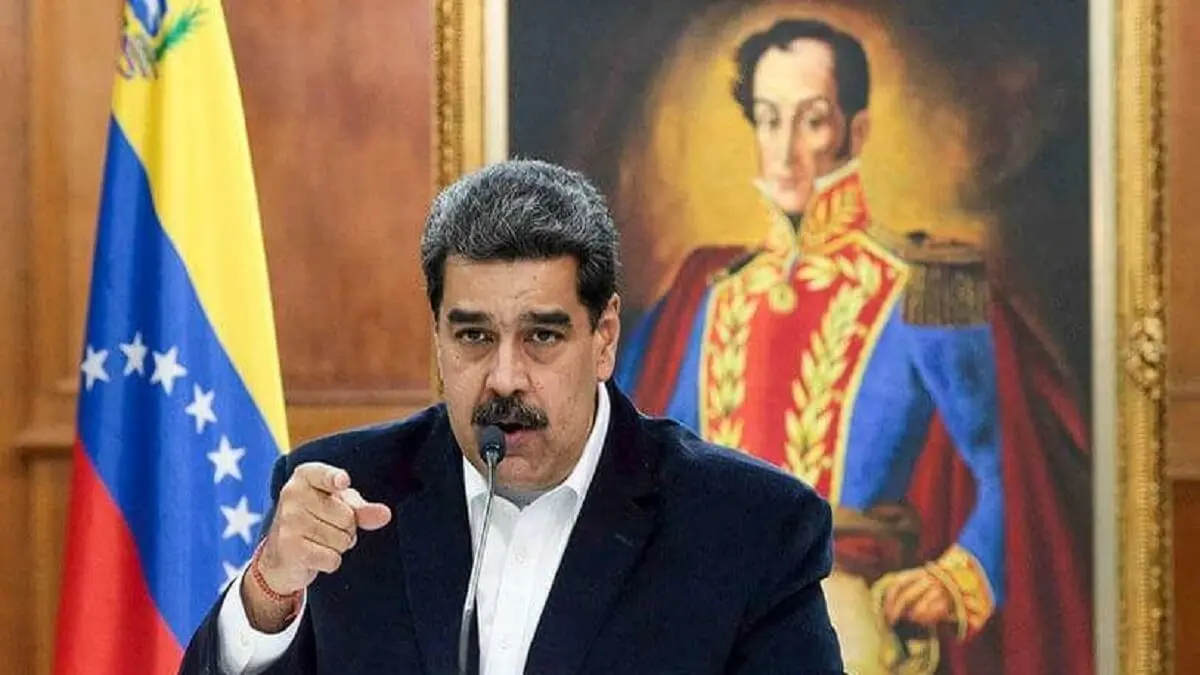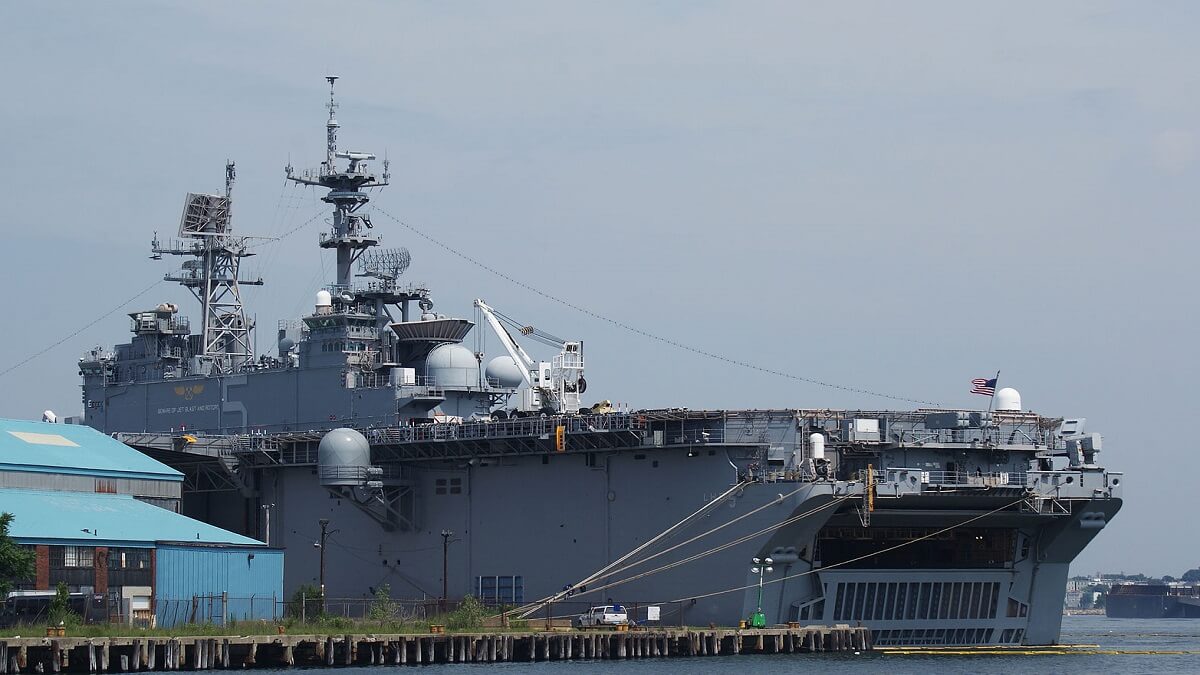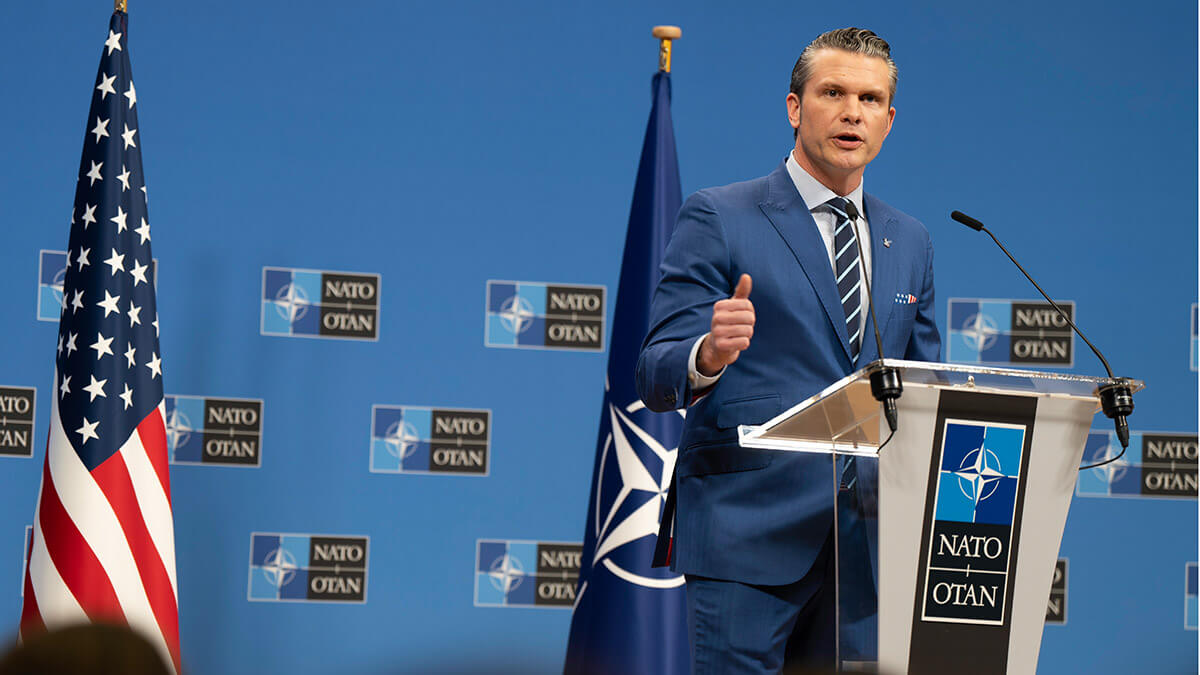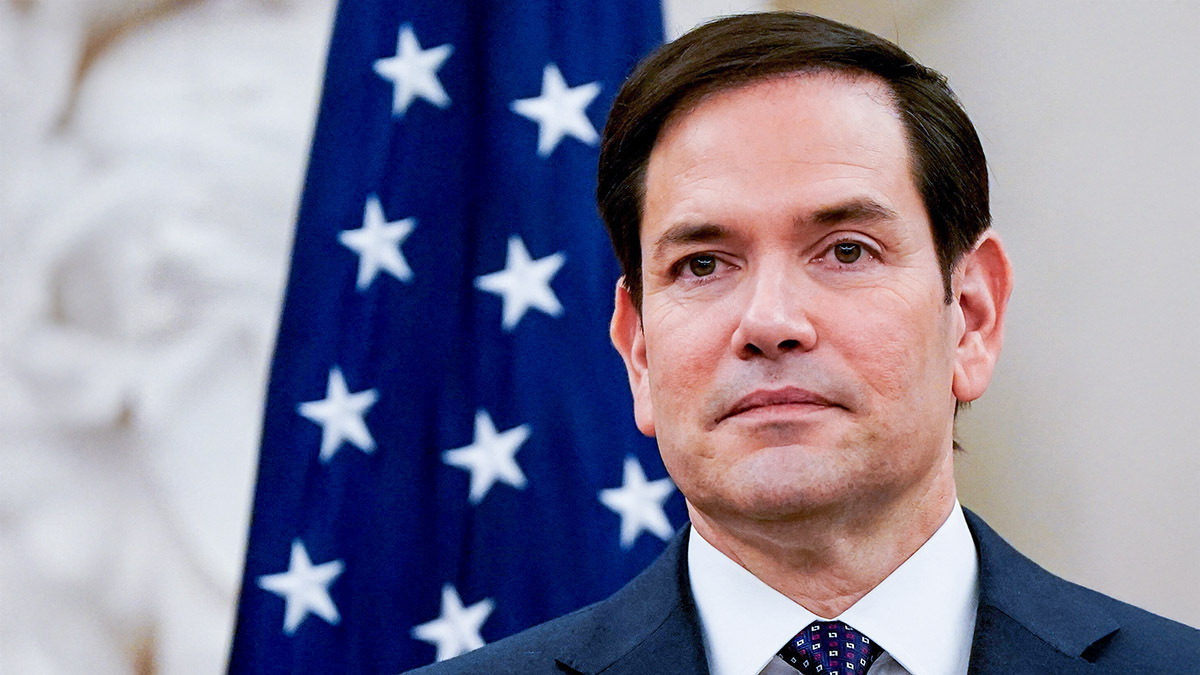Donald Trump launches a naval offensive in the Caribbean and puts Nicolás Maduro in check

Donald Trump's US regime has deployed three warships equipped with an Aegis guided missile system and an amphibious squadron off the Caribbean coast near Venezuela. This measure is part of its fight against drug cartels. The ships are the USS Gravely, the USS Jason Dunham and the USS Sampson. There are 4,500 troops on board, of whom 2,200 are marines.
According to CNN, the Department of Defense said the ships have been positioned in a strategic area near illegal drug trafficking routes to the United States. In addition, Defence Secretary Pete Hegseth claimed in a letter the right of the United States to ‘seal its borders’ against any invasion, including the trafficking of illicit substances.

Secretary of State Maro Rubio also defended the actions of the US regime: ‘We cannot continue to treat these people as mere local street gangs. They have weapons that, in some cases, are similar to those possessed by terrorists or even armies. These cartels extend from the Maduro regime in Venezuela, which is not a legitimate government.’
‘President Trump has been very clear and consistent, he is prepared to use all the power of the United States to prevent drugs from flooding our country and to bring those responsible to justice,’ explained White House spokeswoman Karoline Leavitt.
Washington also plans to send nuclear submarines, P8 Poseidon reconnaissance aircraft, several destroyers and more warships equipped with missiles.

This deployment comes after the US president raised the reward to £40 million for any information that helps bring Venezuela's current dictator, Nicolás Maduro, to justice. He is accused of having drug trafficking links to the Cartel de los Soles, which is considered a terrorist organisation by the Treasury Department.
Furthermore, in recent weeks, the United States seized 30 tonnes of cocaine allegedly linked to the Venezuelan dictator.
According to Karoline Leavitte, Washington does not recognise Maduro's legitimacy: ‘From this administration's perspective, he is not a legitimate president, he is a fugitive leader of that cartel that has been charged in the United States with drug trafficking to this country.’
On the one hand, Cuba demanded that the region be respected as a ‘zone of peace’ after criticising the measure as actions of a ‘corrupt agenda’. It warned that Caribbean stability is being put at risk.

And the Chavista regime in Caracas said that ‘the threats from the United States not only affect Venezuela, but also jeopardise the peace and stability of the entire region, including the Peace Zone declared by CELAC (Community of Latin American and Caribbean States).’
As a result, Nicolás Maduro has mobilised 4.5 million militiamen as a defence against external threats. In a televised speech, he assured Venezuela that he would protect its seas, skies and lands.
Venezuelan Foreign Minister Yvan Gil responded to Washington's accusations by saying that "Venezuela is moving forward with firm steps towards peace and sovereignty, demonstrating that true effectiveness against crime is achieved by respecting the independence of its peoples. Every aggressive statement confirms the inability of imperialism to subjugate a free and sovereign people.‘
The United States questions the legitimacy of the Chavista regime and considers Nicolás Maduro a ‘fugitive leader,’ while Caracas accuses Donald Trump's administration of ‘jeopardising the stability of the entire region’.








